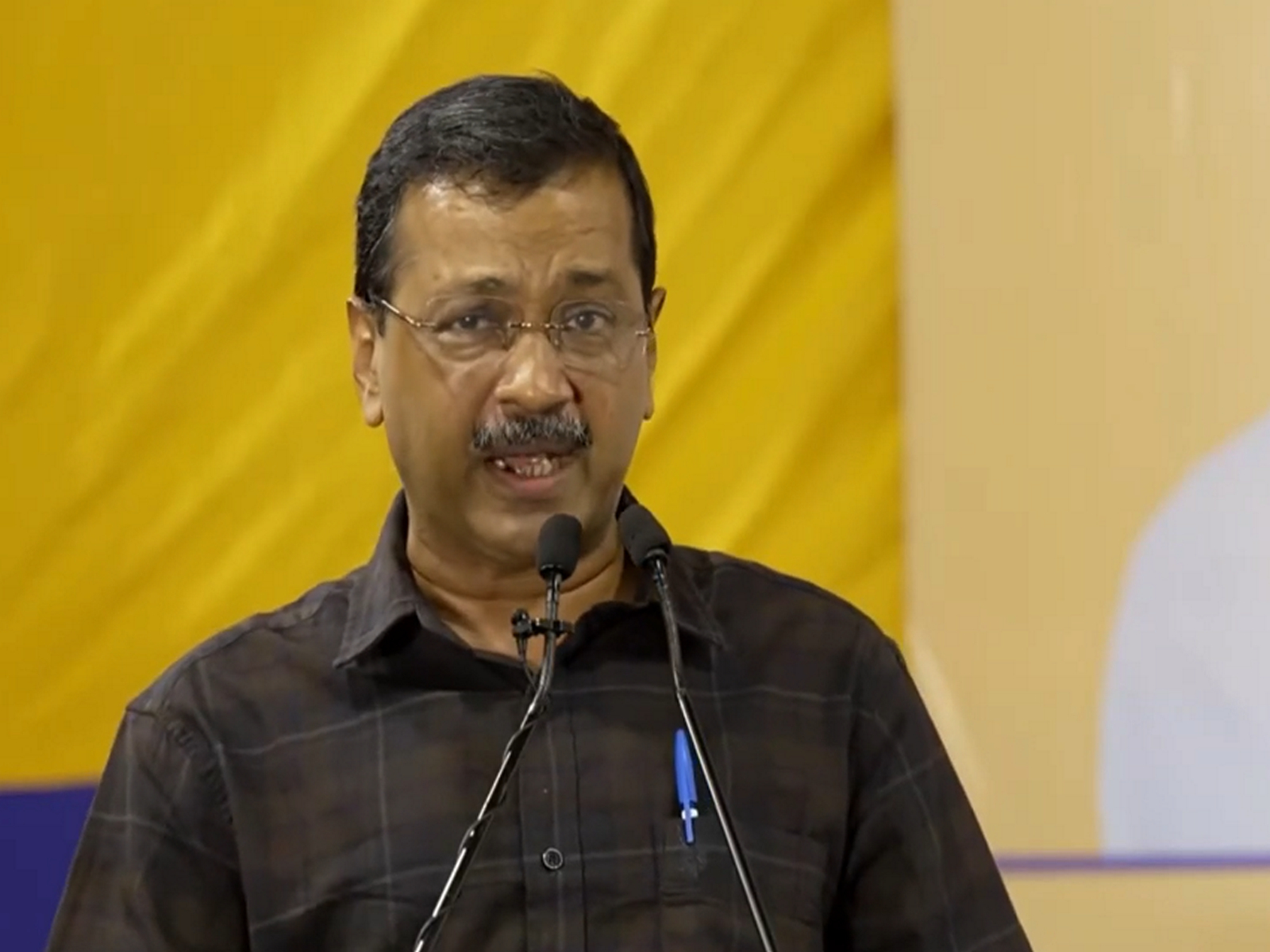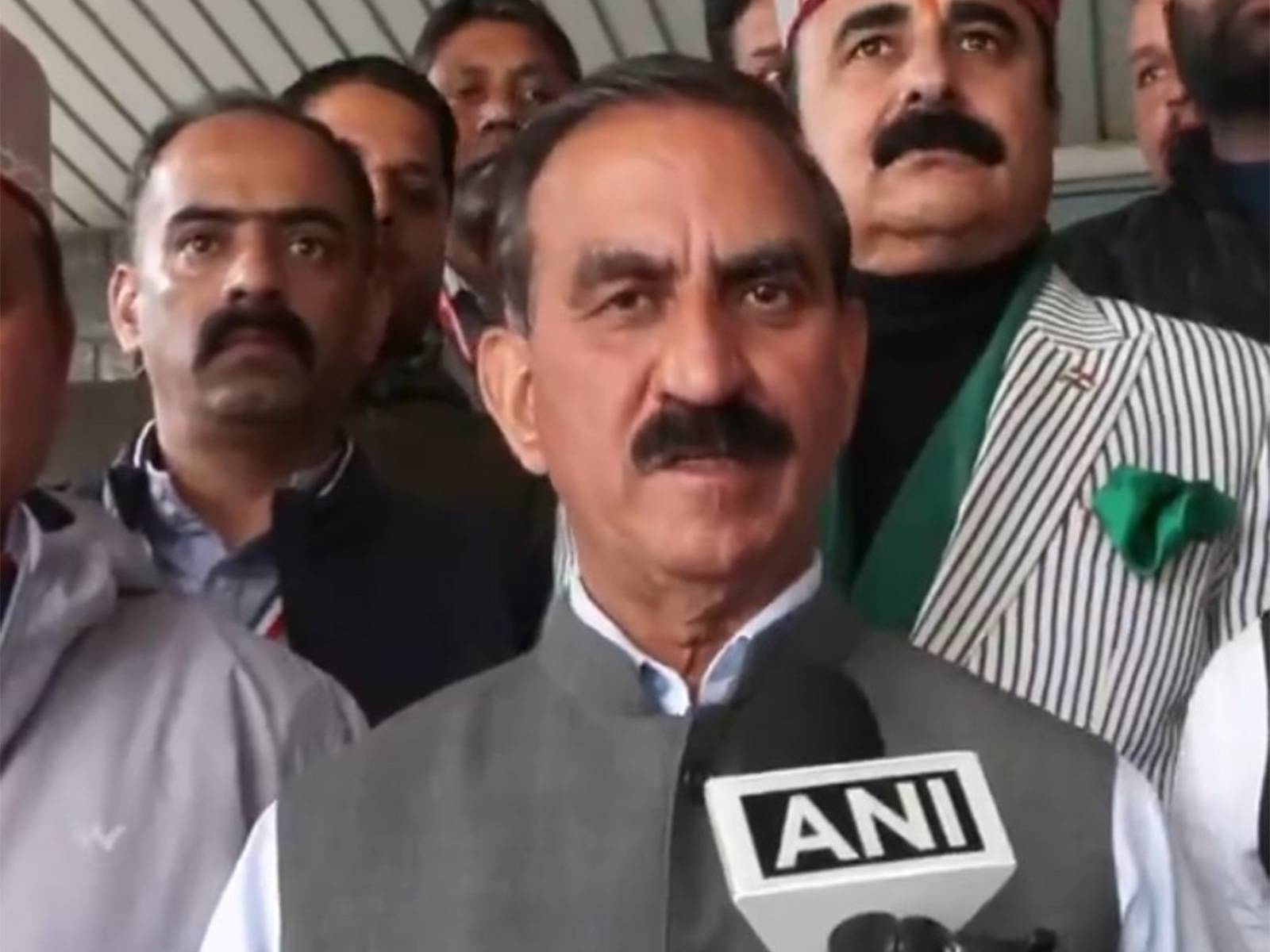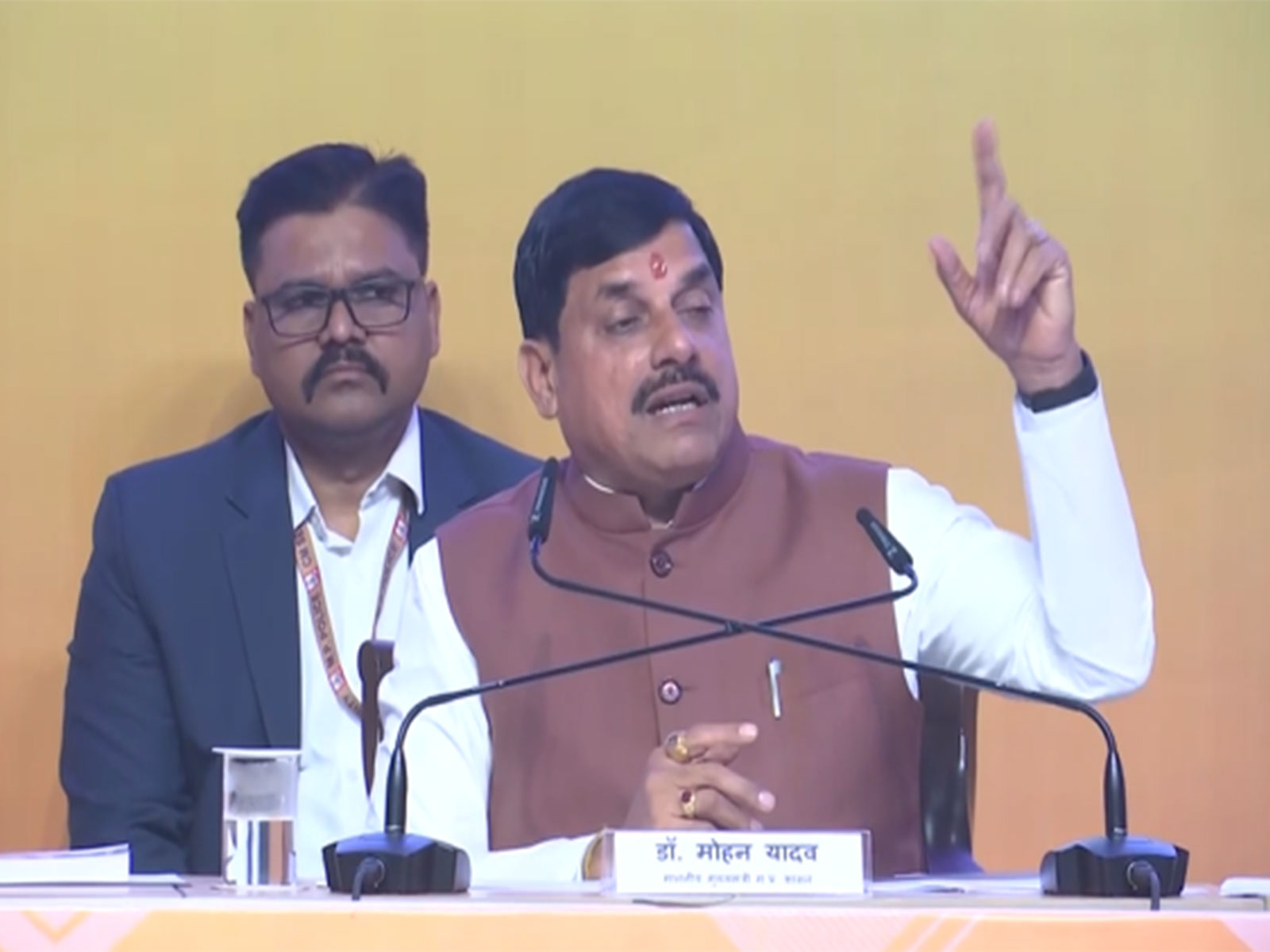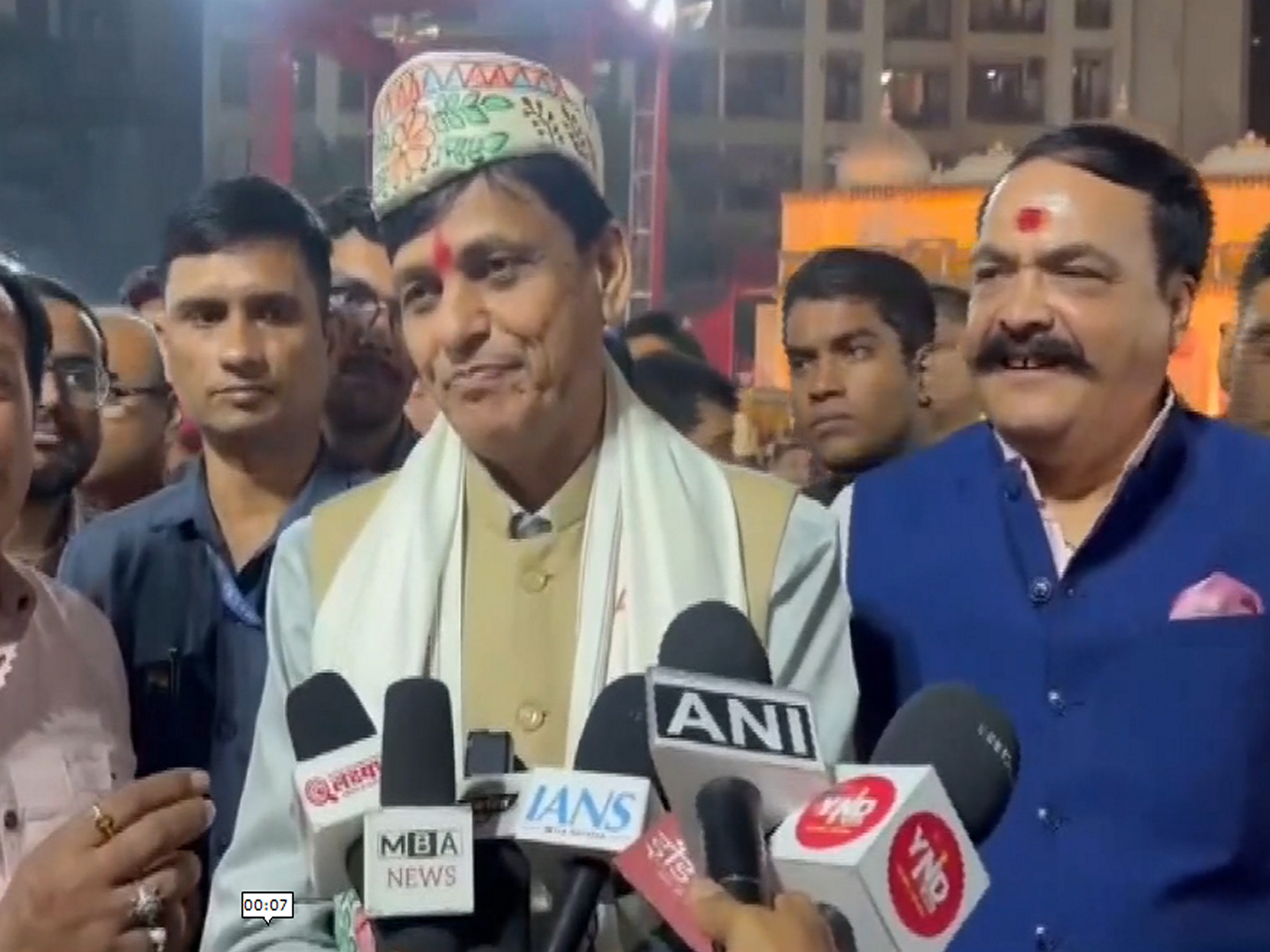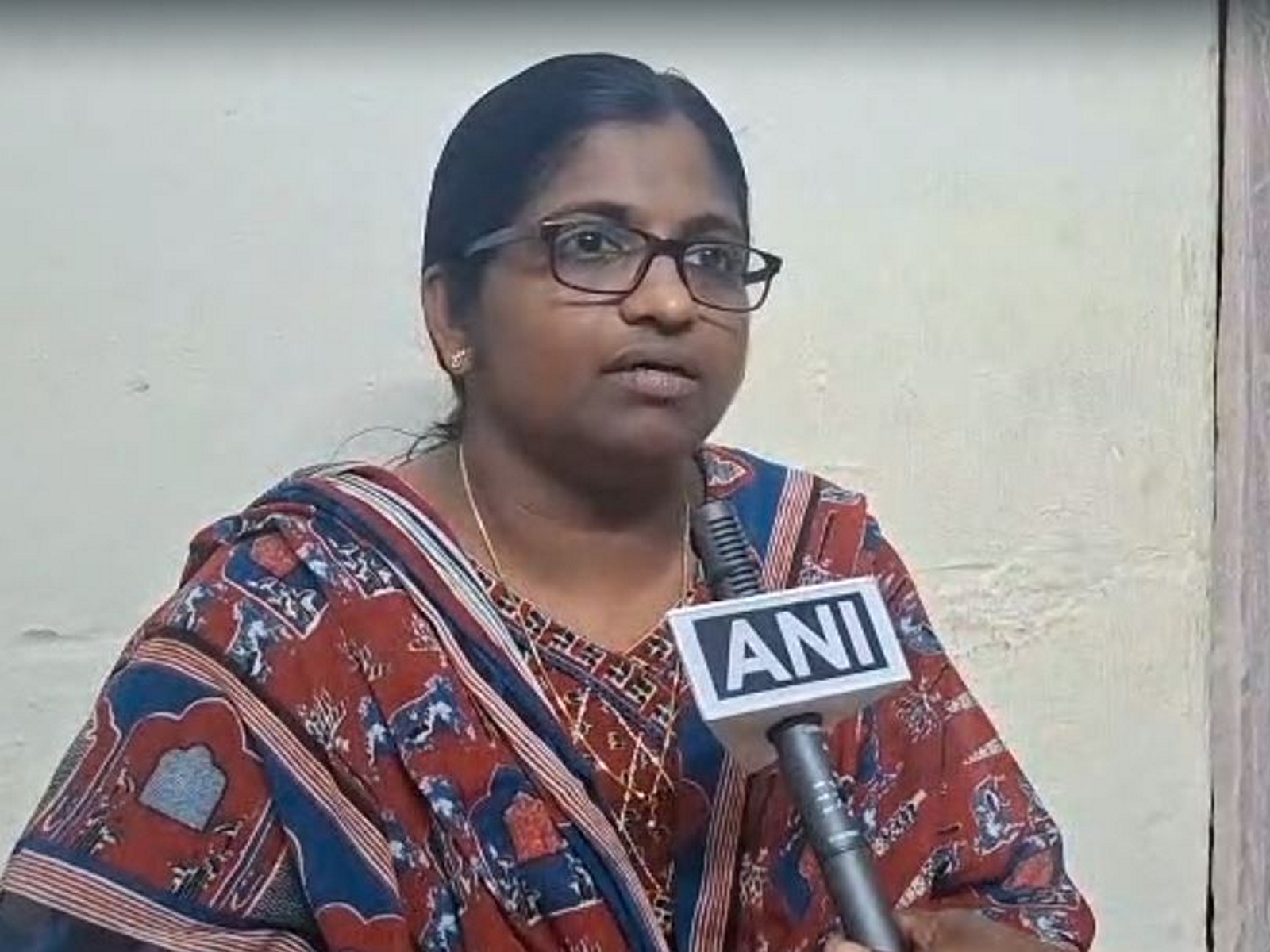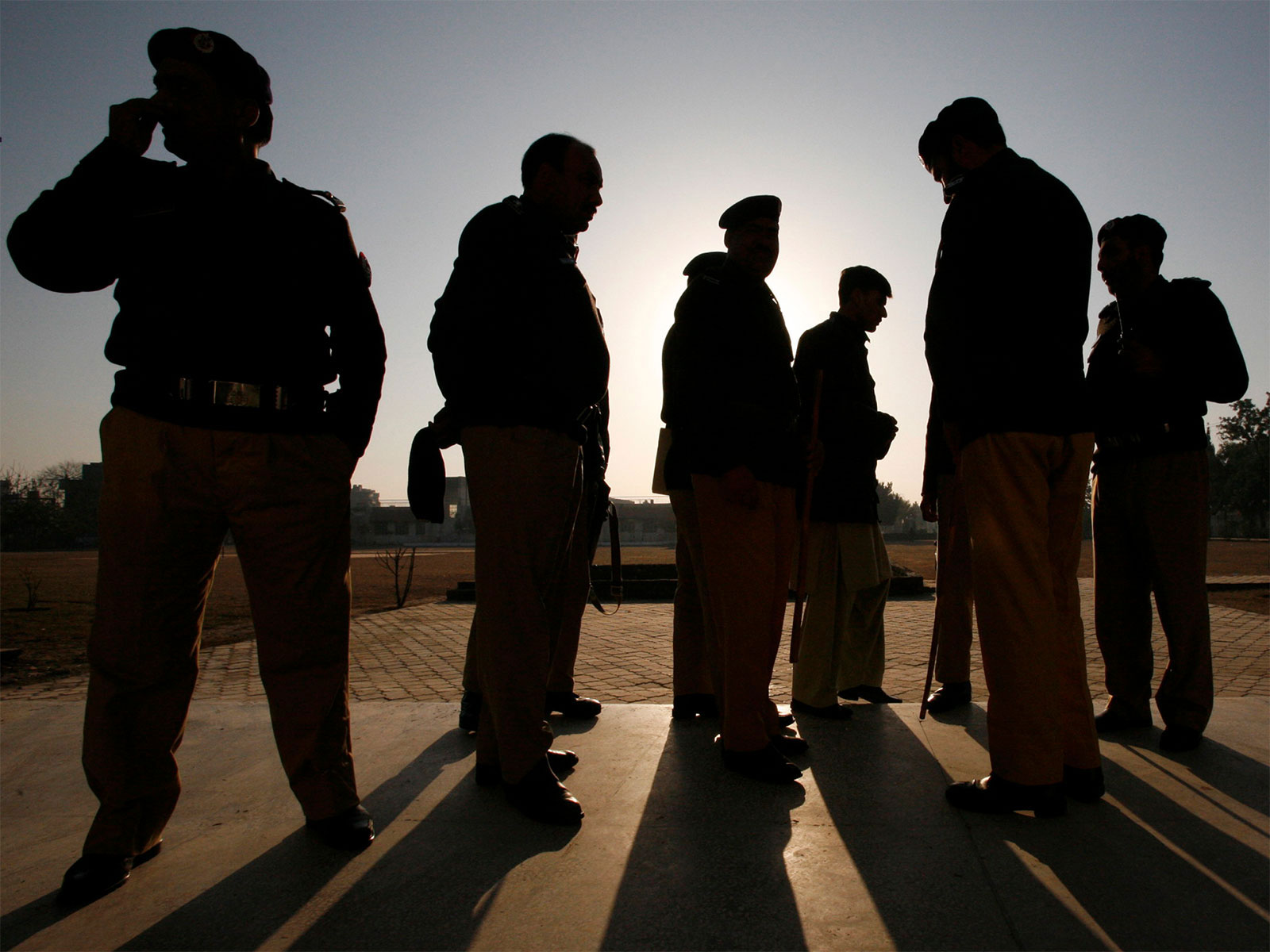UCC is not against anyone, provide uniform rights to all citizens: Shiv Sena (UBT)'s Anand Dubey
Jan 27, 2025

Mumbai (Maharashtra) [India], January 27 : Shiv Sena (UBT) spokesperson Anand Dubey on Monday expressed his party's support for the Uniform Civil Code (UCC), calling it a "good thing" that provides uniform rights to all citizens.
Dubey emphasised that the UCC does not create discrimination among religions and that it aligns with the Constitution drafted by Dr Babasaheb Ambedkar. Notably, UCC came into force in Uttarakhand today, becoming the first State in India to implement the law.
"Uniform Civil Code is a good thing. It provides uniform rights to all citizens. This does not create any discrimination among religions...The law in the country should run in accordance with the Constitution drafted by Dr Babasaheb Ambedkar. So, we feel that people should take more interest in UCC," Dubey told ANI.
He also clarified that the UCC is not against any particular community, but rather aims to provide a uniform set of laws for all.
"We will have to understand that UCC is not against anyone. If you are a citizen of this country...you will have to come within the purview of that law. So, different state governments are working on this. We are not in power in the state but once we come to power, we too will think about it and work on it...We don't think that there should be any controversy over UCC. It should not be linked to caste or religion...We welcome it," he added.
Meanwhile, Uttarakhand Chief Minister Pushkar Singh Dhami said that the implementation of UCC will bring uniformity in all laws relating to personal civil matters that discriminate based on caste, religion, gender, etc, adding that all the necessary preparations have been completed to implement UCC, including approval of the rules of the Act and training of the concerned officials.
Taking to X, CM Dhami wrote, "Dear residents of the state, The Uniform Civil Code (UCC) will be implemented in the state from January 27, 2025, making Uttarakhand the first state in independent India where this law will come into effect. All the necessary preparations have been completed to implement UCC, which includes approval of the rules of the Act and training of the concerned officials. UCC will bring uniformity to society and ensure equal rights and responsibilities for all citizens. The Uniform Civil Code is just an offering made by our state in the great yagya being done by the Prime Minister to make the country a developed, organized, harmonious and self-reliant nation. Under the Uniform Civil Code, an attempt has been made to bring uniformity in all laws relating to personal civil matters that discriminate on the basis of caste, religion, sex etc."
The Uttarakhand government will implement the Uttarakhand Uniform Civil Code Act, 2024, today establishing a streamlined framework for the creation and cancellation of wills and supplementary documents, known as codicils, under testamentary succession.
According to the state government, this act applies to the entire area of the state of Uttarakhand and is also effective on the residents of the state living outside Uttarakhand.
The UCC applies to all residents of Uttarakhand, except Scheduled Tribes and protected authority-empowered persons and communities.
Uttarakhand has become the first state in India to implement a Uniform Civil Code (UCC), aiming to simplify and standardize personal laws related to marriage, divorce, succession, and inheritance.
Under this, marriage can be solemnised only between those parties, none of whom has a living spouse, both are mentally capable of giving legal permission, the man should have completed at least 21 years of age and the woman 18 years of age and they should not be in the ambit of prohibited relationships.
Marriage rituals can be performed in any form under religious customs or legal provisions, but it is mandatory to register marriages taking place after the implementation of the Act within 60 days.
Marriages solemnised before March 26, 2010, or outside the state of Uttarakhand, where both the parties have been living together since then and fulfil all the legal eligibility criteria, can (although it is not mandatory) get registered within six months of the coming into force of the Act, said an official statement by the government.
Similarly, the work of acceptance and acknowledgement of marriage registration is also required to be completed promptly. After receiving the application, the sub-registrar has to make an appropriate decision within 15 days.
